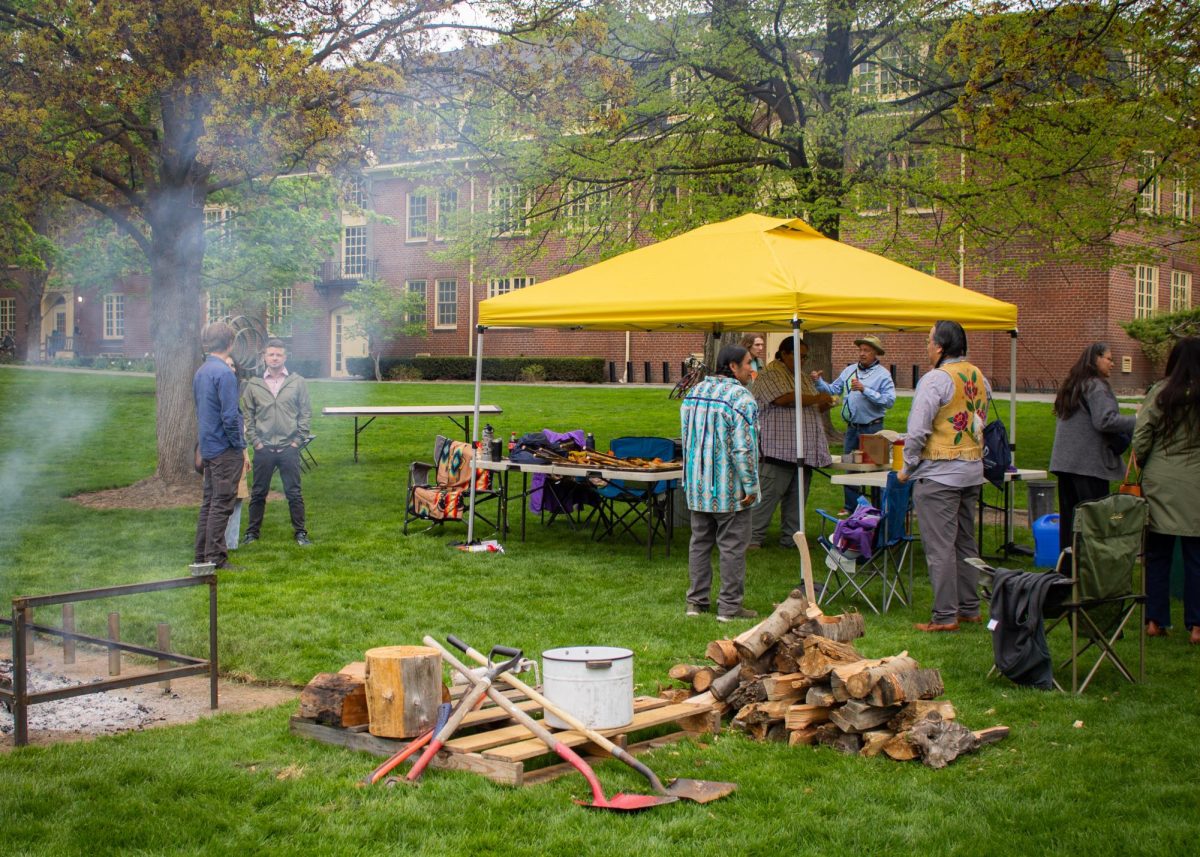This article was authored by Sam Jacobson.
Dealing with alcohol and underage drinking is a perpetual challenge that colleges across the country face, and Whitman College is no exception. As underage drinking is widespread at colleges and universities across the nation, Whitman and its peer institutions face the challenge of reconciling strict national drug policies with the reality found both on and off college campuses.

Underage use of alcohol is an open secret. By age 18, over 7 percent of teens have had at least one drink, and at Whitman, approximately 70.1 percent of students have one or more drinks on a typical Friday night. Legally, schools cannot come out in favor of underage drinking and access to alcohol for fear of losing federal funding. But instead of trying to criminalize or stigmatize drinking, many colleges, including Whitman, work to make sure that if students choose to drink, they can do so in a safe and responsible manner and can have access to help without the fear of repercussions.
According to the student handbook, “The primary objectives of the college’s policy and procedures on alcoholic beverages are (a) to promote responsible behavior and attitudes among all members of the college community, (b) to educate students concerning the use and effects of alcoholic beverages in order to promote responsible decision-making, and (c) to help individual students experiencing difficulties associated with the use of alcohol.”
Whitman’s safety-conscious approach to alcohol use is popular among students. Even some who do not drink and are opposed to underage drinking usually agree with the college’s practical approach.
“[Underage drinking] is wrong [and against the law, but] I don’t think it’s worth spending lots of dollars to try and prevent it,” said first-year Graham Nelson.
Other students question whether colleges and universities should have to be concerned about underage drinking at all.
“I think you should contest the question of whether or not it’s really reasonable to qualify the underage acquisition of alcohol as worrisome while at college,” said sophomore Emma Philipps. “I would argue that the stigma around underage drinking creates the real issue. Calling underage drinking immoral could potentially lead to drinking irresponsibly. What Whitman does well is educate its students on the dangers of drinking irresponsibly, regardless of age.”
That alcohol is easily accessible to underclassmen is widely known amongst the student body.
“It would be really easy [to acquire alcohol]. It’s not that [that is] good particularly, but it is a reality that has to be faced,” said sophomore Ellie Berler.
At all colleges and universities, there are many methods for underclassmen to acquire alcohol. The three most commonly used by students at Whitman are finding it at fraternity parties, asking upperclassmen to make the purchase or using fake identifications at local grocery stores.
Workers at the Safeway in downtown Walla Walla declined to be interviewed for this article. Sophomore Noah Porter recalled a night earlier this semester that involved the use of fake identifications, highlighting the ease with which students can acquire alcohol, even when faced with large potential for legal repercussions.
“I went to Safeway to get some groceries, and there were so many [people who looked like] freshmen … going up to the counter for the first time,” said Porter. “When you see ac 14-year-old-looking kid holding a 40, a handle of vodka and a handful of crumpled money that his friends definitely gave him, he might not be 23.”








